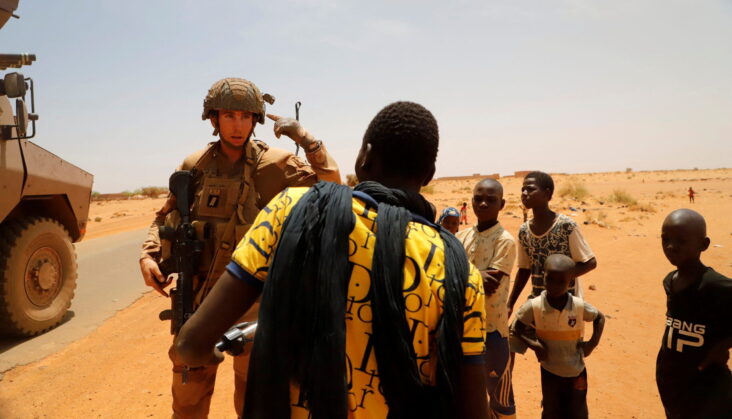[ad_1]
In a communiqué, the former rebel independence fighters denounced “the abandonment of the implementation of the agreement, particularly since the advent of the transition”. More than seven years after the signing of the peace agreement, this declaration highlights the separatist calls that have yet to be addressed in the north of the country.
The CMA issued a new warning to the Malian state, stating that it reserves the right to “draw all of the conclusions” from this deadlock. As the secretary general of the Haut Conseil pour l’Unité de l’Azawad Alghabass ag Intalla succeeds Bilal ag Achérif and takes over the rotating presidency of the alliance, the latter has indicated that it is making the merging of its various members a priority. Is this a closing of ranks in the event of an end to the agreement and the resumption of hostilities?
Ferdaous Bouhlel is a researcher, consultant and trainer in mediation, conflict management and peace support. This Sahel specialist explains the consequences of this renewed tension between Bamako and the ex-rebels.
This is not the first time that the CMA has denounced the government’s inaction in applying the Algiers agreement, but the tension seems to be stronger than ever. Is dialogue still possible?
Ferdaous Bouhlel: We are facing an almost unprecedented deadlock since the agreement monitoring committee has not met for 10 months and all the key bodies in the implementation process are frozen, including the technical security commission – a central body in the system.
There are several reasons for this stalemate. These include the institutional imbalances that Mali has experienced over the past two years as well as prime minister Choguel Maïga’s stance – he has never hidden his rejection of the agreement. This has probably not helped the government to build a consensual, clear and politically committed position.
[ad_2]
Source link
